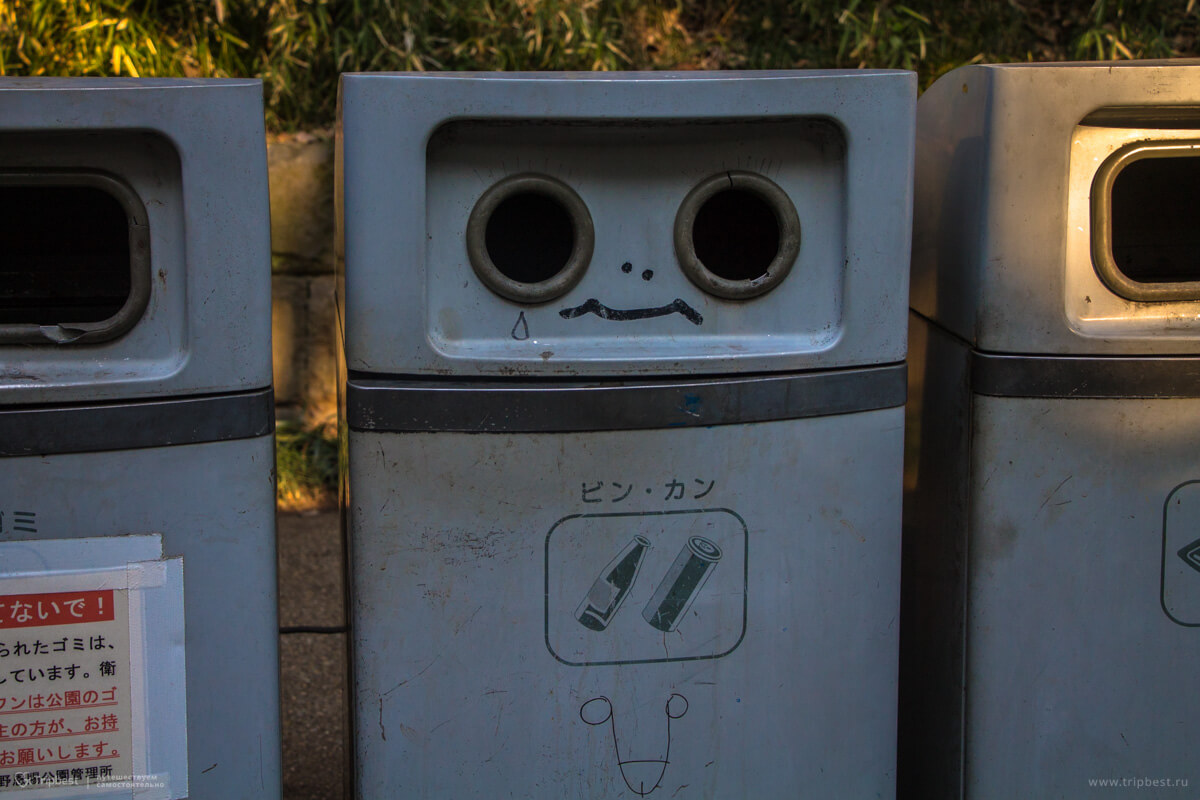As a tourist destination, Japan offers the most unique and mind-blowing experience I've ever encountered.
It's a perfect blend of efficiency, culture shock, and fascinating contradictions that make it unlike any other place I've visited. It's best to visit Japan after you've already traveled around the world and seen it.
Why?
Because this country is totally on its own wave, and they really couldn't care less about what's happening beyond their borders. It's a country where everything is infused with its own flavor, and Japan's real charm lies exactly in the details.
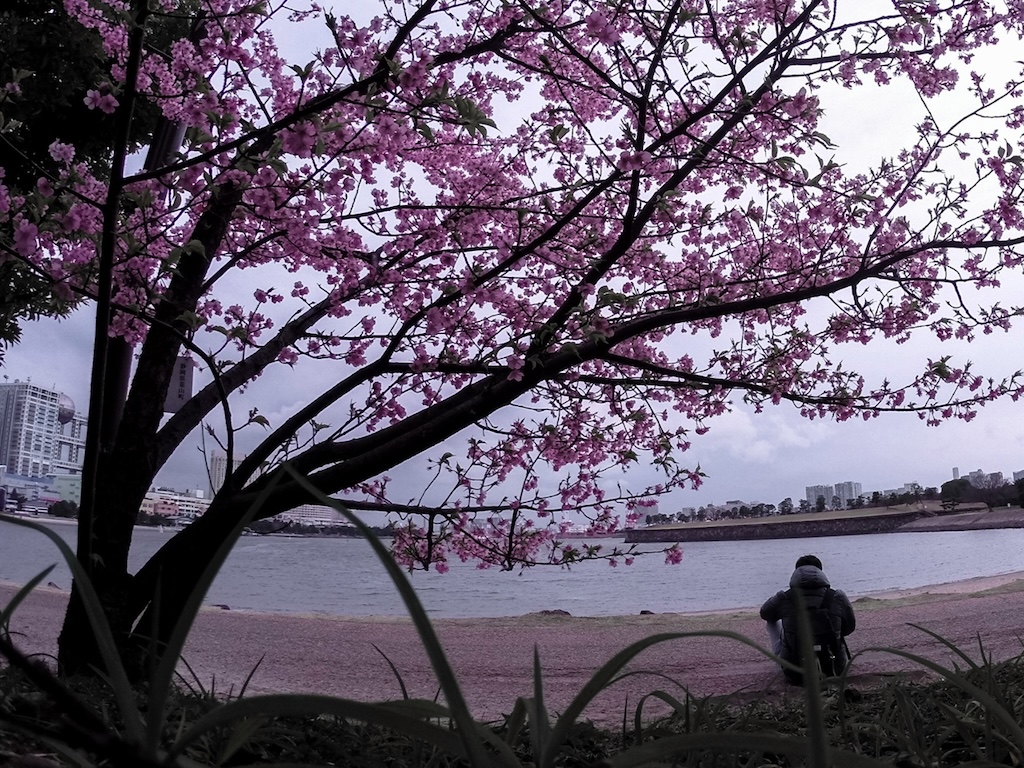
Quick Navigation:
— Food
— Safety
— Transport
— Entertainment
— Architecture
— Entertainment
— Japanese People
— Sakura
The modern capital of Japan is Tokyo. The Japanese aren't very inventive with capital names (like the Chinese, by the way), and the word "Tokyo" (which migrated to other languages as the more sonorous Tokyo) literally means "eastern capital". So, the logic of Japanese naming here is this - a city exists, develops, then if they decide to make it the capital, they literally rename it to "capital", adding some word to make it not too bare. Before the capital was moved, the city was called Edo.
Appreciate the absurdity of the situation. The former capital was Kyoto, the new one is Tokyo. Magic between the letters. Kyo-to, To-kyo. That is, the new naming came from rearranging the letters of the old capital into the new one.
Ok, but...While this is a popular explanation, the etymology is more complex. Both names use the kanji 京 (kyō/kei) meaning "capital" and 都 (to) meaning "metropolis". Tokyo (東京) means "Eastern Capital" while Kyoto (京都) means "Capital City". The similarity is not coincidental but related to their meaning rather than just letter rearrangement.
The internal name of the country itself is Nippon-koku ("State of Japan"), which is why the word Nippon will follow you often.
And if you need to understand what nipponese Edo-Tokyo lives like in 5 minutes, then the text below is exactly what you need.
Food
Of course, the first association with Japan is sushi. "Japanese eat sushi! All they do is eat sushi!" - and this is quite a serious misconception. Japanese cuisine is divine and diverse, and although fish plays a very, very important role in it, it's absolutely not the only component.
While Japanese food is consistently amazing, remember that Tokyo is a huge metropolis - you might occasionally encounter oversalted dishes, bland flavors, or dry meat. And oh boy, be ready for the queues! You'll see endless lines everywhere, and here's the fun part - they don't necessarily lead to the best places. Sometimes people just queue because... well, others are queuing!
Quick fact: The Japanese queuing culture has fascinating historical roots dating back to the post-war period when basic necessities were scarce, creating a social phenomenon called "gyōretsu." During the economic boom of the 1960s-80s, queuing became associated with quality and exclusivity. Today, some businesses deliberately maintain queues to create buzz - a practice known as "gyōretsu marketing." However, while many famous restaurants deserve their lines, some places are popular simply due to social media hype or the self-perpetuating nature of queues themselves.

When I say that fish isn't everything, I'm not just talking about side dishes. Pork, beef, chicken, gyoza, ramen, and much, much more are very common. Japanese cuisine is much richer than what you can find in any Japanese restaurant abroad.
For example, tonkatsu:

At our favorite restaurants back home, what's marketed as "sushi" is often a creative interpretation rather than authentic Japanese cuisine. The elaborate rolls with various sauces and toppings - that's not what you'll typically find here. In Japan, it's about simplicity: just perfectly prepared fish and rice, that's the real deal!
Just fish and rice, hardcore only!
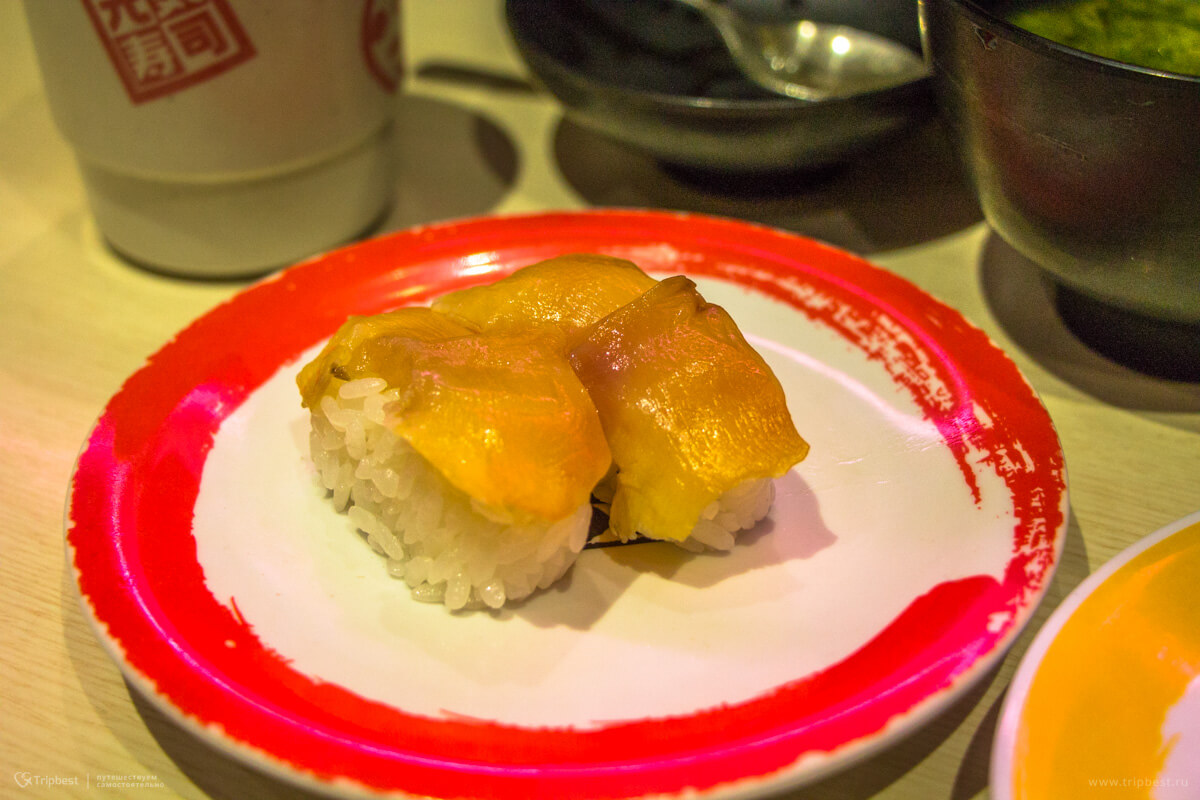
Want seafood? No problem!

The cuisine is diverse in all variations - from street food to premium Wagyu beef, where the cattle are treated better than most humans, getting regular massages and (supposedly) listening to Mozart. I'm joking about the Mozart part... or am I? (Fun fact: some Wagyu farmers really do massage their cattle and play them music, claiming it improves meat quality!)

Who wants some treats?
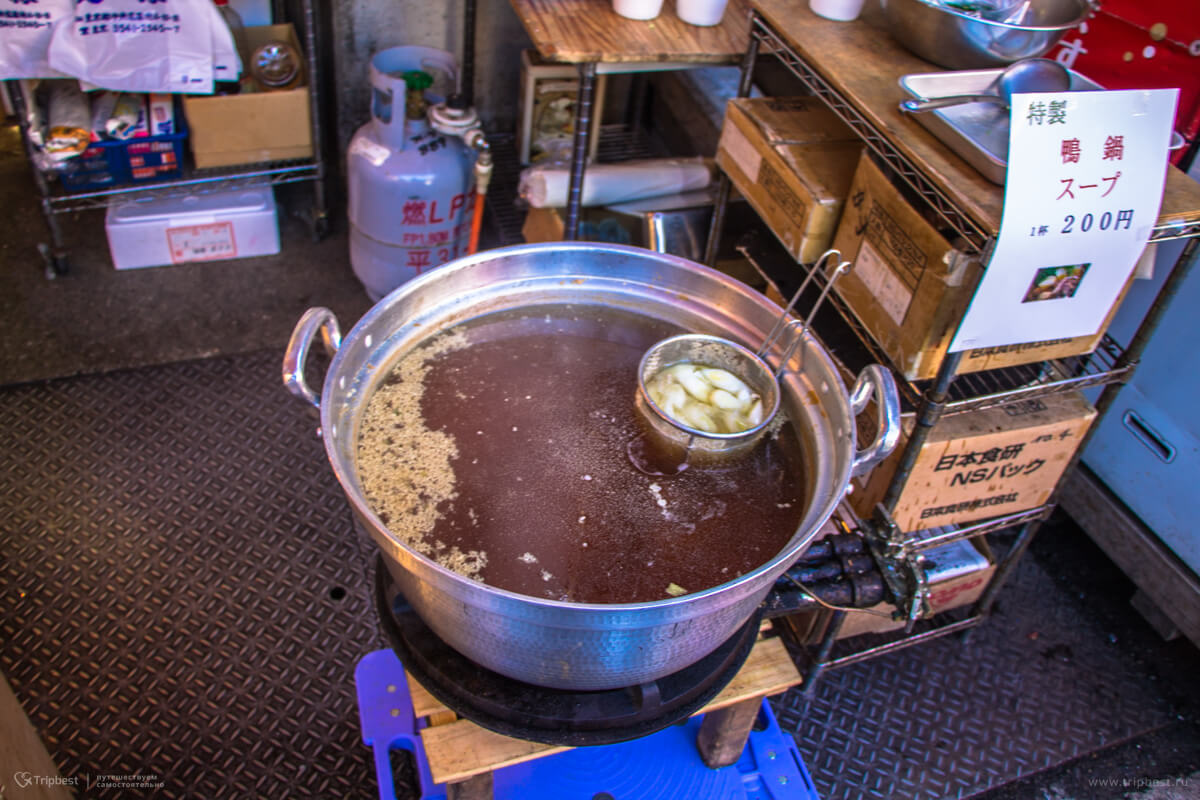
Tokyo is a huge metropolis, so you can find any cuisine from any country here.

Safety
Tokyo is one of the safest places in the world. You can safely walk deep into the night anywhere and absolutely not worry about your safety - tested multiple times. Robberies, armed attacks - all this is also not about Japan. You get so relaxed there that in the bar district, where big guys work as touts, who, by the way, behave quite boldly - you catch a terrible dissonance.
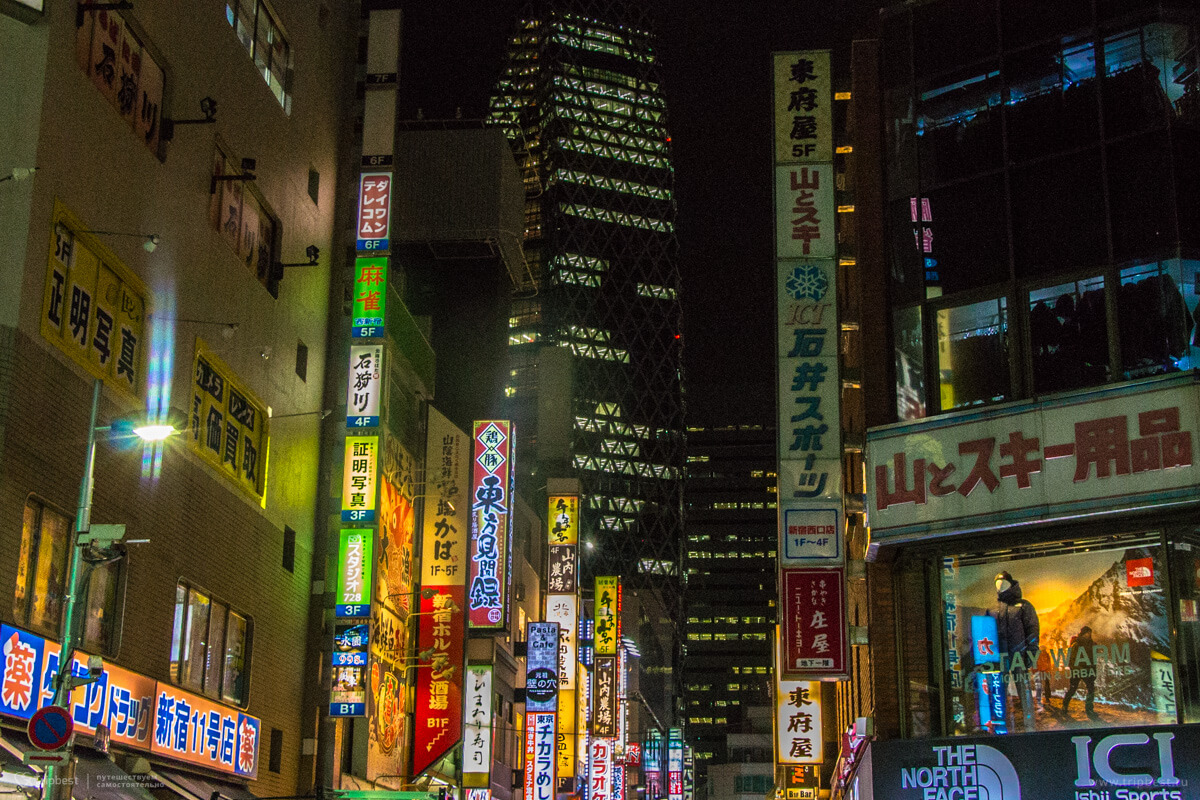
Of course, you should still maintain minimal precautions with your wallet and valuables, after all, Tokyo is a huge metropolis, but this is just the basic minimum of safety anywhere on our planet.

And the Japanese are terribly obsessed with cleanliness and sanitation. Bought something in a store? Wrap it in a bag, put it in a bag, and then in another bag. And yes, fine, all wrapped stuff will be put in a bag.
Notice the number of people wearing masks, they wore them before it became mainstream. After a couple of years of COVID, we now better understand that masks are sometimes also about privacy, if you can put it that way.
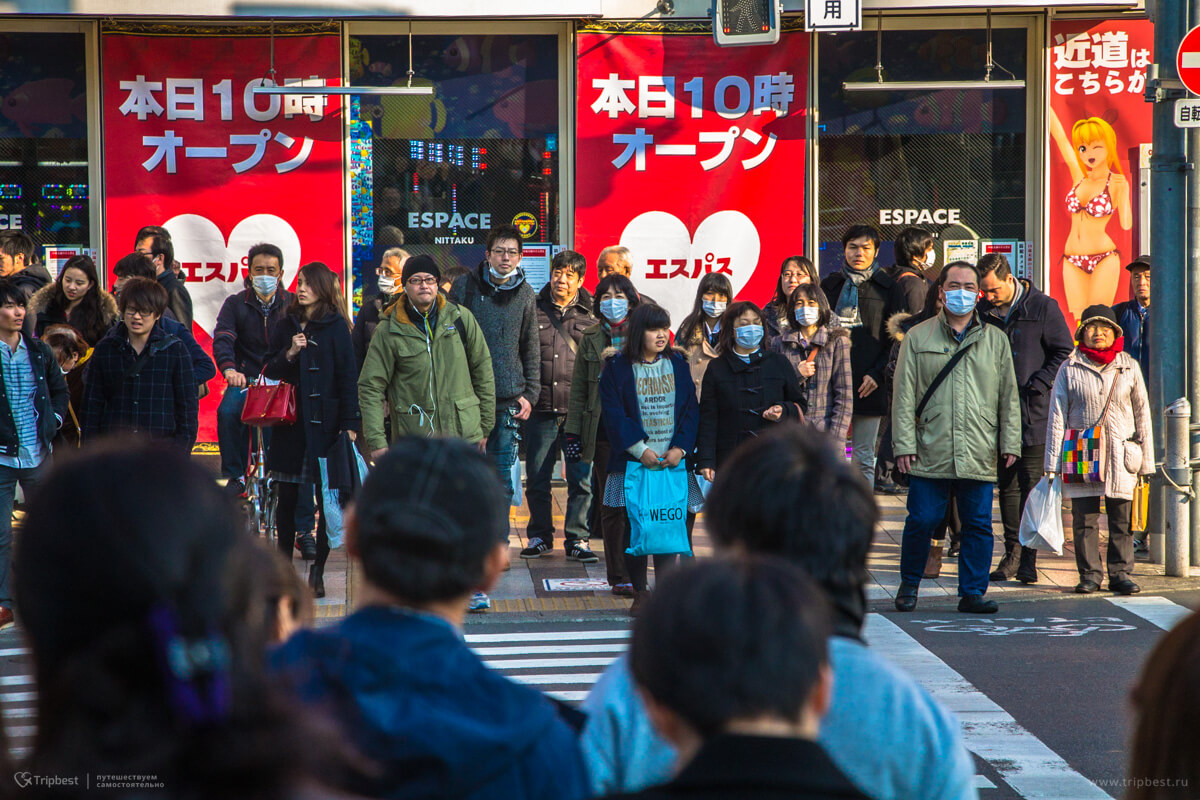
Transport
Taxis in Tokyo are expensive. For example - a transfer from Narita Airport to the city by taxi can cost almost $180! oO
Fortunately, there are no problems with public transport in Tokyo, and you can get to any part of the city on it.
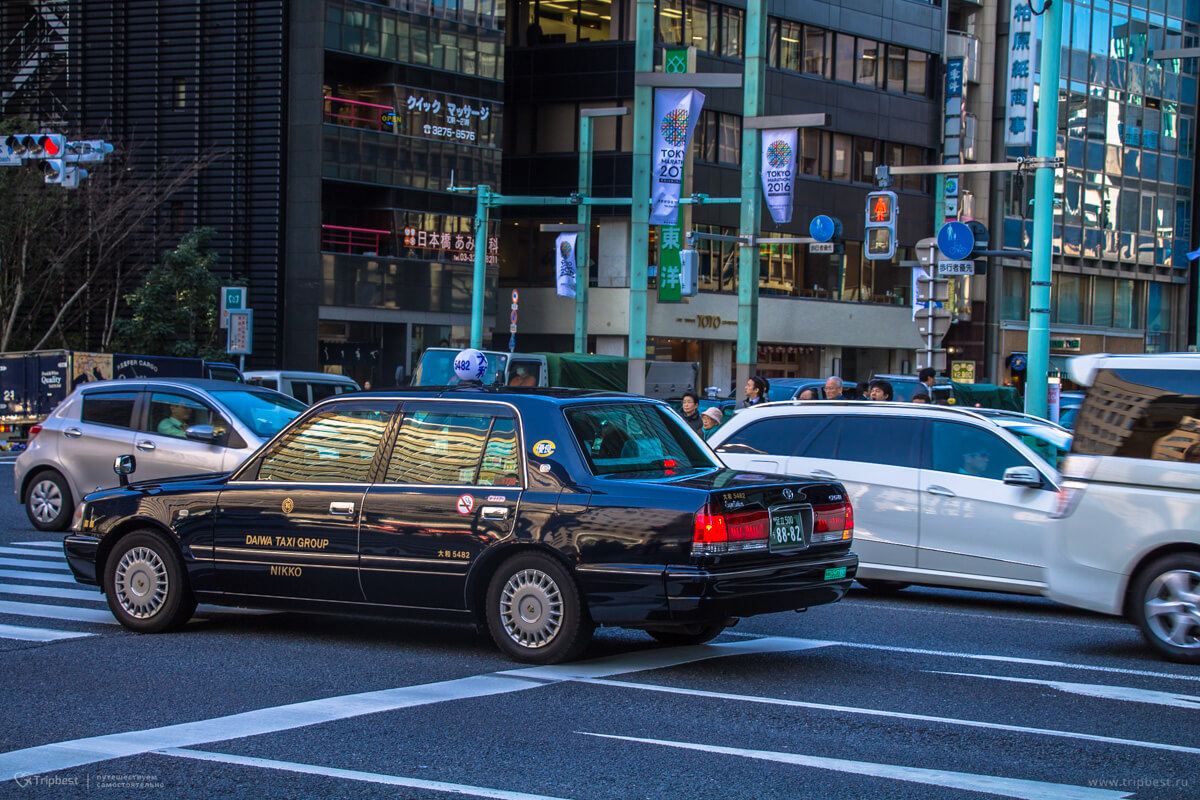
But the transport organization itself for an unprepared tourist is, excuse me, a complete mess! If everywhere else in Asia everything is very understandable, here NOTHING is understandable at all.
Although navigation does help, most stations have English translations.

The thing is, they don't have unified transport, all public transport is a mix of commuter trains and metro.
Who said "like in London"? The principle is similar, but while London's Circle Line runs in a loop, in Japan, trains can duplicate metro lines and so on, plus more stations, plus Japanese flavor.

It can easily happen that on one side of the platform there might be a train, and on the other side a metro (well, or it seemed so to me), and to transfer from one line to another, you sometimes need to completely exit into the street and walk quite a bit to the transfer station.
The crazy thing about the transport system is that different private companies own different lines, and each has its own ticketing system! That means you either have to plan your trip exclusively using one company's lines, or buy a more expensive universal pass that covers everything for about $15 per day.
A single trip costs about $1.5.

For pedestrians, Tokyo is absolute paradise, there are walkways and crossings everywhere, and no problems walking in one direction for several hours without any discomfort.
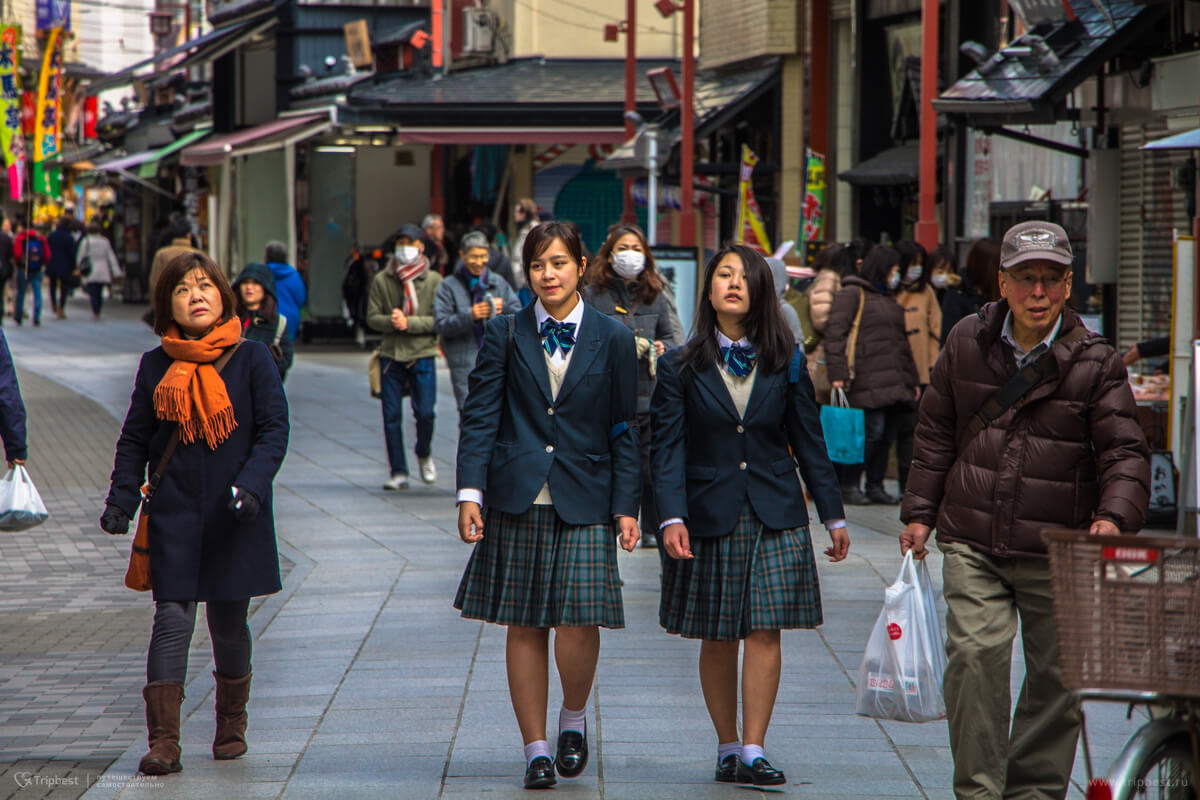
Entertainment
The main entertainment for Japanese themselves is pachinko, gaming machines. This is a joke, of course, because a Japanese person either sleeps, works, or eats, what kind of entertainment are we talking about? But gambling addiction is a scourge of Japanese society.
Quick fact: Pachinko is indeed a significant industry in Japan, with annual revenues around $200 billion. While technically not classified as gambling due to legal restrictions, it operates in a grey area through a separate prize exchange system.
In Tokyo itself, you can easily get lost for a week - it's huge and beautiful.
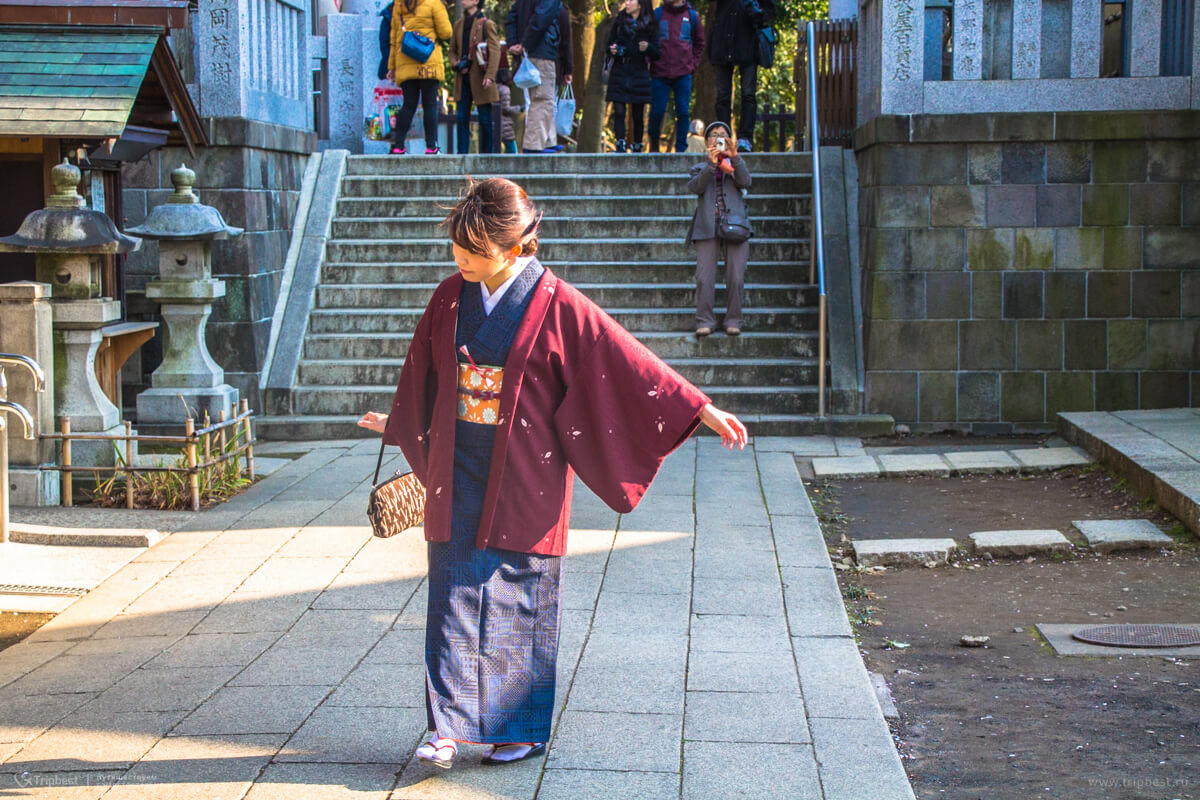
Numerous temples, parks, common entertainments like the zoo and interesting museums.

The best museum in my subjective opinion is the Edo-Tokyo Museum, where one of the Japanese grandmothers can give you a free personal tour.
My tour lasted about an hour and a half, where I asked loads of different questions not only about the exhibits (all sorts of kabuki, samurai, etc.) and history but also about her personal attitude to certain things.
Unfortunately, most Tokyo museums are unsuitable as they don't even have signs in English.
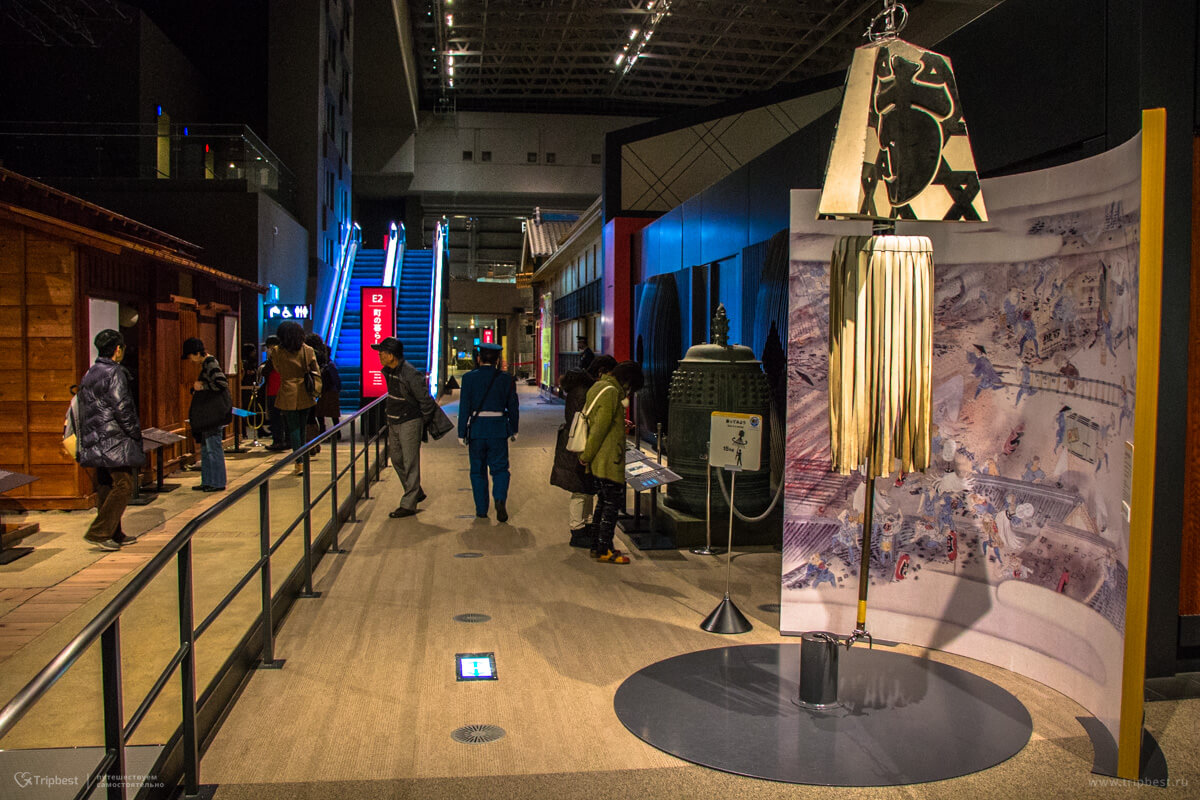
Of course, the most important "entertainment" is the Shibuya crossing.
What's it famous for? It's the largest pedestrian crossing in the world!
When traffic stops, several hundred people pour onto it simultaneously! A fascinating sight! Here also - lots of cafes with food, bars, coffee shops, and for anime fans - the iron statue of Hachiko.
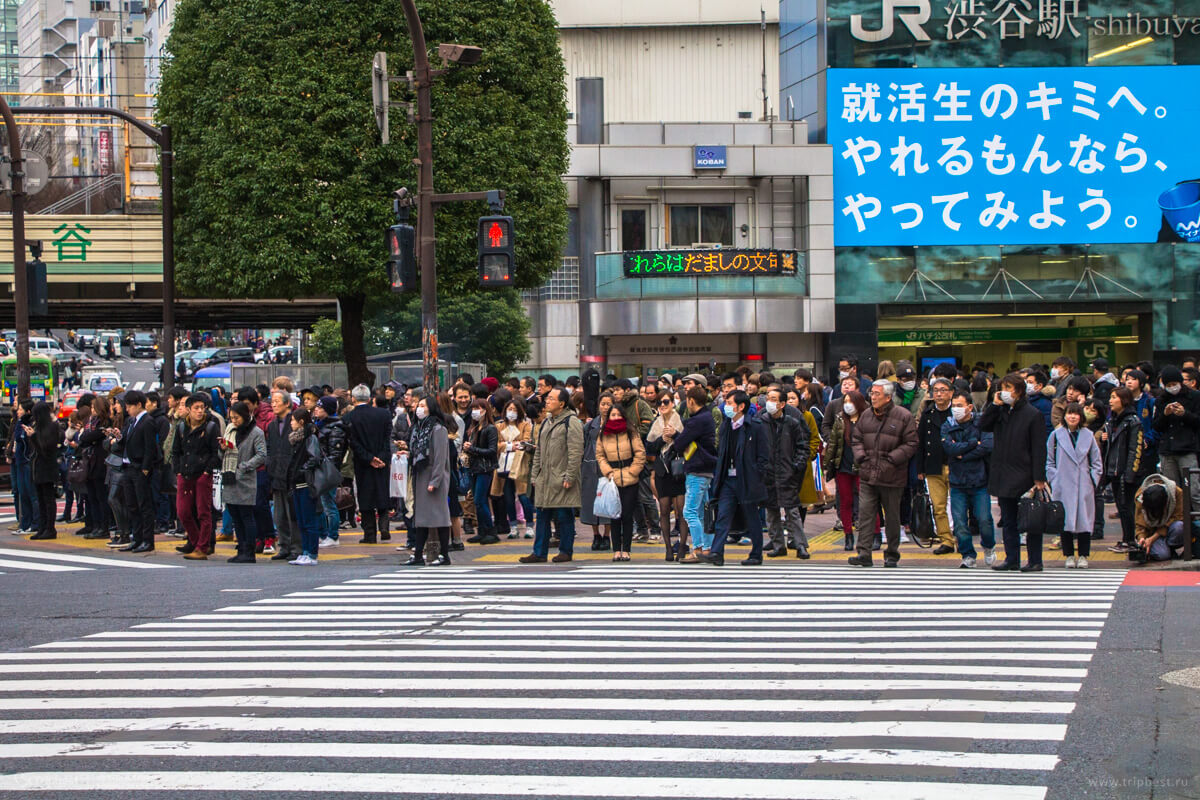
For me, the best entertainment in Tokyo is just walking around, thankfully, the infrastructure allows you to do this excellently. And the number of details and observations you'll encounter along the way will give you an incredible thrill!
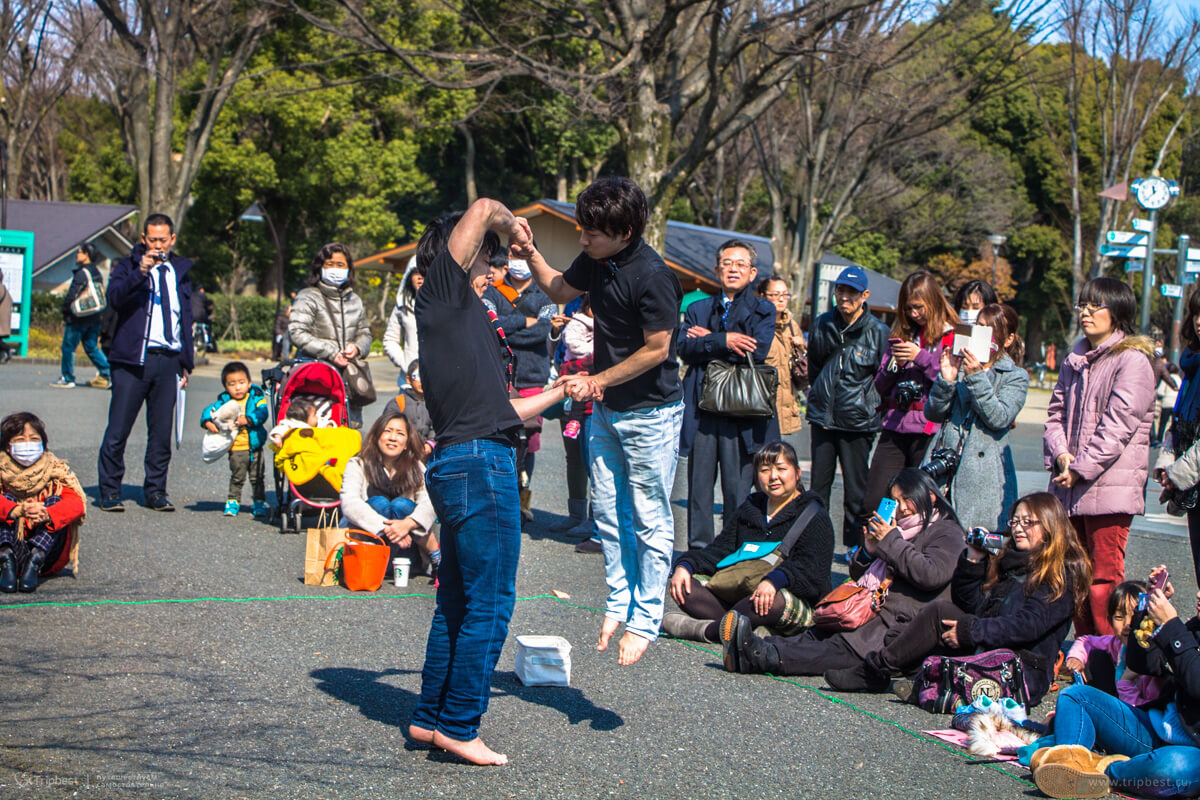
There's some kind of crazy work cult in Japan. How can you not fall in love with this country? :)
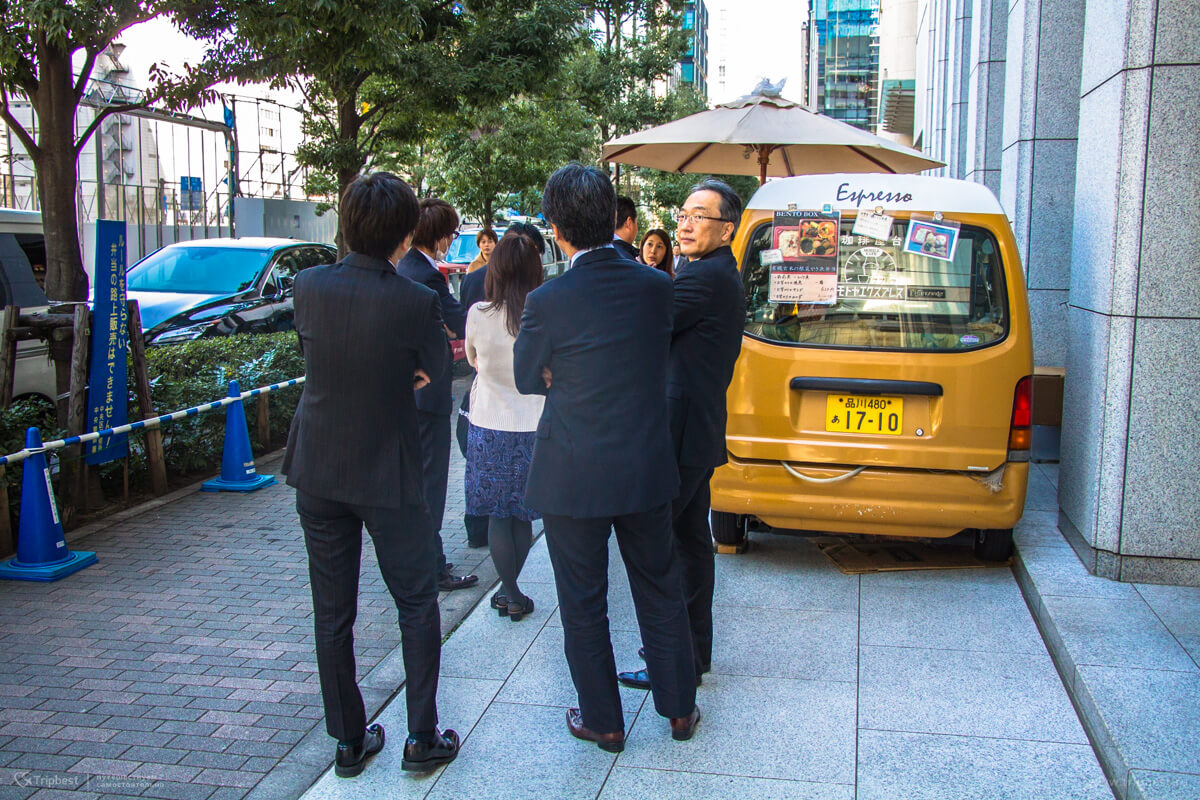
Architecture
Tokyo is a city of the future! Robots are flying everywhere! Hahaha, no again. There aren't that many skyscrapers in Tokyo, most of them are concentrated in a couple of business districts. For the rest, Tokyo isn't very high-rise.
No comparison with Hong Kong, not even close.
How do you like it?
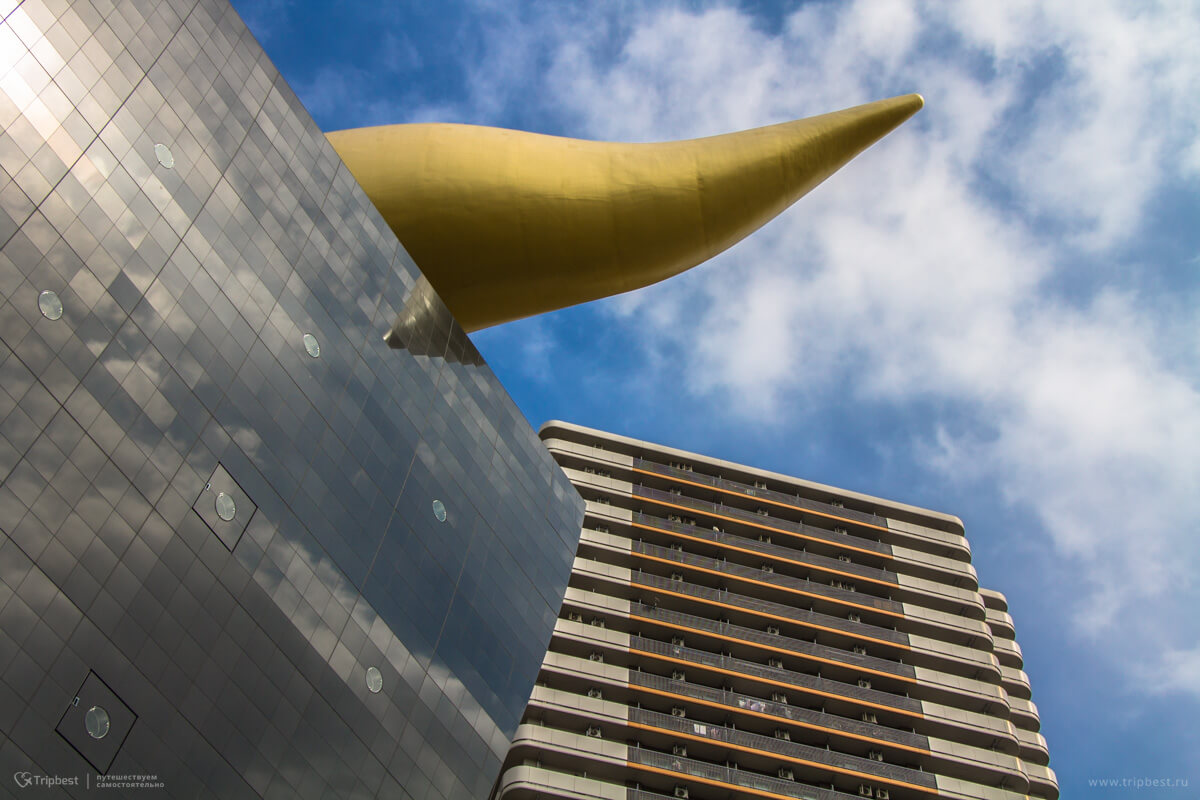
The thing is, Japan collects all sorts of natural disasters - from tsunamis to earthquakes, so most houses are designed with external staircases and a maximum of 10 floors.
Yes, there are high-rises for sure, but very few of them.
The Asahi office, which not only brews decent beer but is also a conglomerate.

Japan is a very methodical country, so everyday innovations take a long time to appear here - the Japanese need to think them through! No comparison with fast-paced China; in Japan, you'd better always have cash on hand - just in case. Here's a fun fact about Japan that'll blow your mind: this super high-tech country still runs on cash - we're talking 70% of all transactions! It's all about their 'nemawashi' thing - Japanese folks love to take their sweet time thinking everything through before making any changes. Want to switch to card payments? Let's have five meetings about it first!
From the city center perspective, Tokyo is similar to Paris - there's no real "city center" as such - there are several districts/points of attraction where things are happening, and completely different things at that.
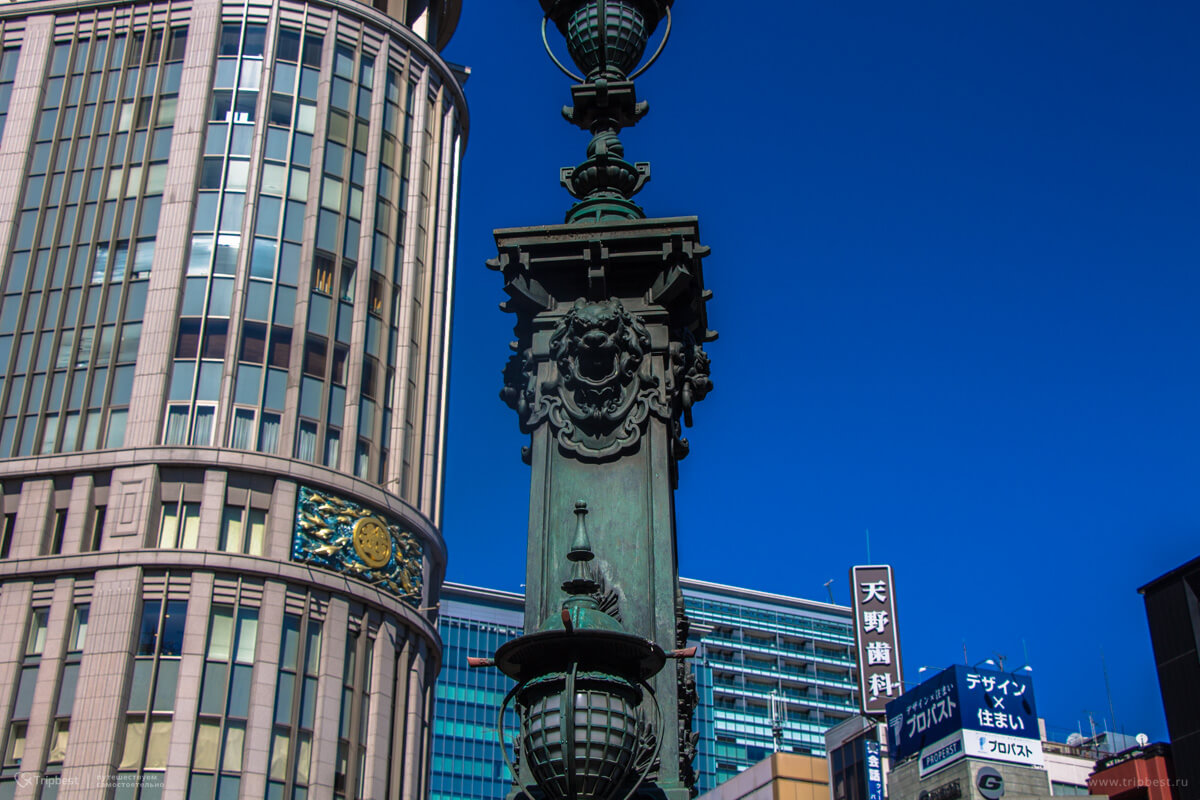
Japanese People
Japanese are very tough guys inside, but externally they're the sweetest people. A taxi driver will be in white gloves, and after a few days of overdosing on local "thank you" in the form of "arigato gozaimasu" (with an sometimes absurdly drawn-out sssssss at the end), you'll just want to punch someone in the face (joke!).
Joking, of course, modern Japanese are very, VERY polite. So polite that sometimes this politeness knocks you off your feet. But we remember that these are the descendants of those who throughout their history cut their stomachs with katanas (actually, there are a lot of myths about this etc., but whatever)? And who themselves cut through half of Asia? And Unit 731?
Don't forget.
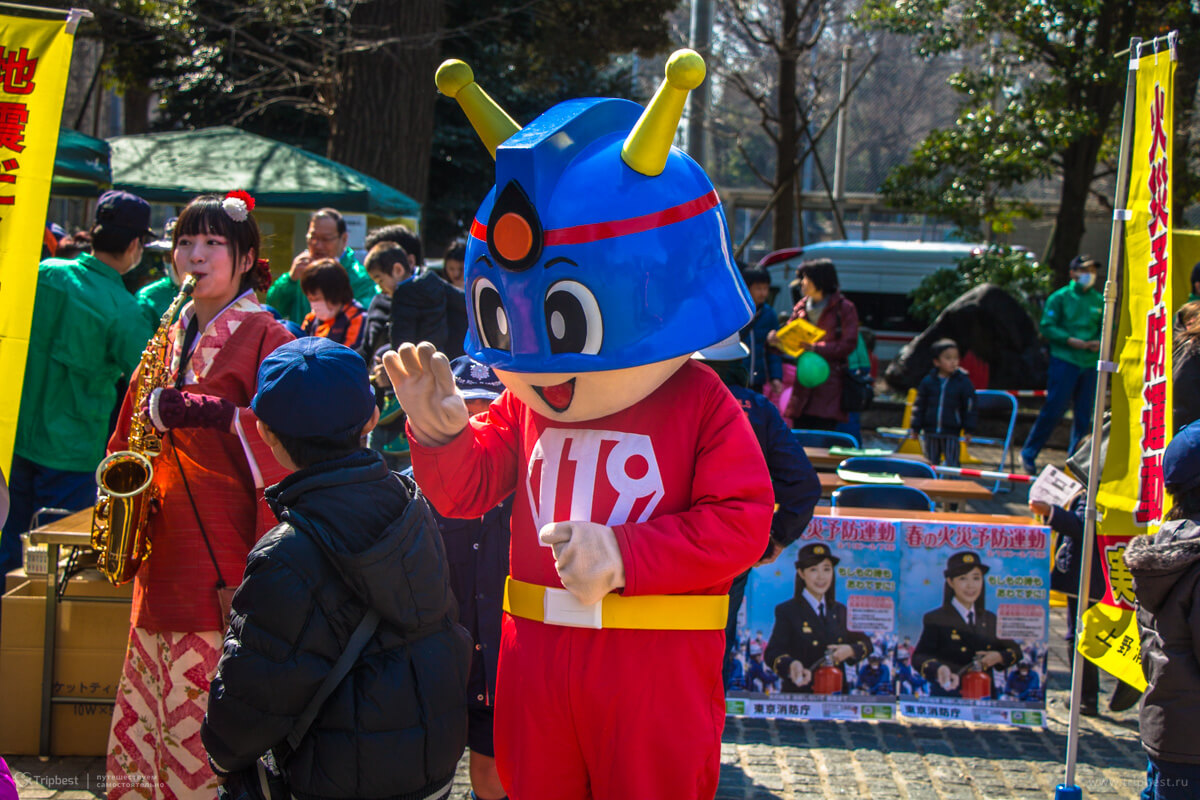
If the current generation is going to commit harakiri, it'll be with a phone!
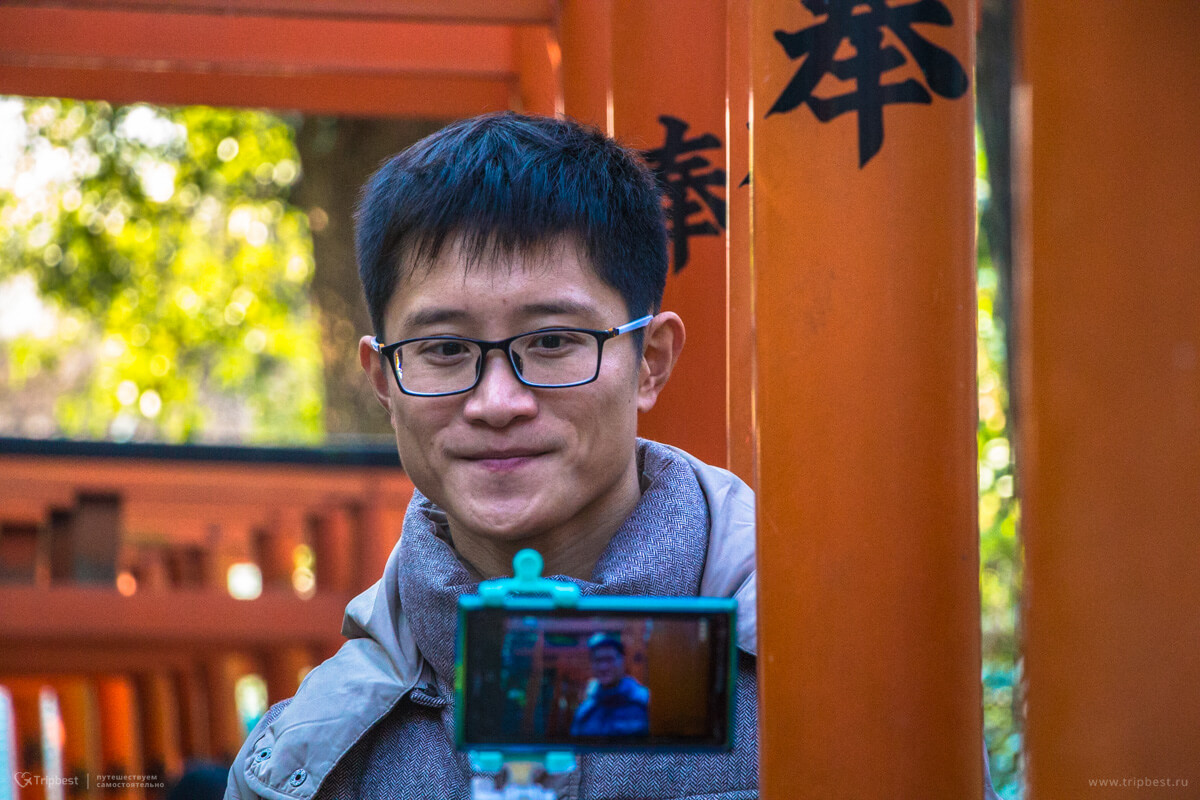
Sakura
Sakura is very beautiful. Let me hit you with some truth about sakura: I thought it was just overhyped flowers and Instagram bait, but man, I was wrong. Even for a tough guy like me who's usually more into concrete and steel, watching these cherry blossoms was something else - genuinely beautiful and awesome. I managed to catch the very beginning of the blooming and it's beautiful.

As a result - Japan is a mandatory point for any traveler. Someday.
Tokyo is cool.
